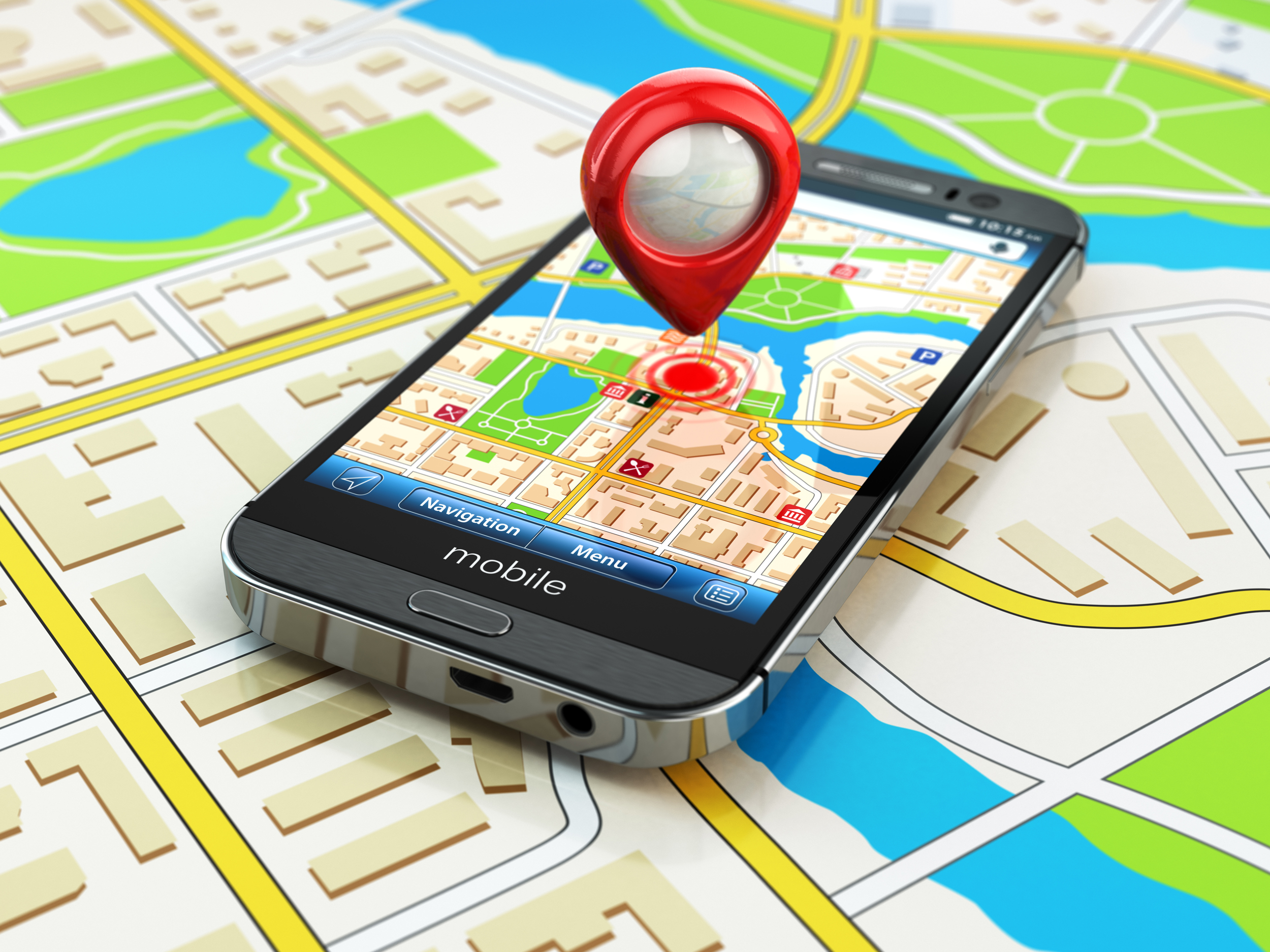Everyone is turning to Facebook to find out more about you: prospective employers, college admission officers, business partners; there has even been talk of insurers checking Facebook before issuing life policies to see if applicants indulge in risky behavior or partake in dangerous sports.
Even if you think you have your Facebook privacy settings nailed down, you never know where your posts and photos will end up. You have no control over what your friends do with them, and it only takes a few ‘Likes’ for a post to be seen by hundreds of people you’ve never heard of.
So there are a few things that you should avoid posting about on Facebook, just to stay on the safe side.
- Data tied to your personal and financial security.
When you’re on Facebook, it’s never a good idea to post your home address, your telephone number, your birth year, your mother’s maiden name, or any other information that a criminal could use to steal your identity. All of the information that you post online makes it easy enough for a determined attacker to steal your identity, so protect yourself and don’t make it any more likely that your identity will get stolen.

- How much you hate your job
If there is anything guaranteed to quickly put you among the ranks of the unemployed, it’s going on Facebook to complain about your job. Complaining about your job in this economic environment will be seen as ungrateful and disloyal, and it will not win you many friends inside or outside the office.

- Clues to your passwords
Another important part of protecting your security online is avoiding posting information that might hint at the passwords you use or the security questions some services have had you answer. (If you’re still using insecure passwords, do yourself a favor and set up a password manager.) Avoid unnecessary posts about your childhood pets, the town where you grew up, or the name of your first girlfriend or boyfriend — all pieces of information that a hacker could leverage against you and that your social network really doesn’t need to know.

- Strong political or religious opinions
Nobody’s saying you can’t have them, it’s just that very few people want to read them on Facebook. Plus, one-paragraph opinions on a social network can easily be taken out of context or misinterpreted. Why risk alienating friends or being labeled as insensitive or intolerant? Facebook activity should be kept friendly and light. Don’t post politically charged comments and don’t respond to other people who do.
- Information about your location
If you aren’t vigilant about your privacy settings, you may be inadvertently revealing your location every time you upload a photo or post your thoughts. Giving out your location can be a bad move if you have acquaintances whom you’d prefer to prevent from tracking you down. And a post from the airport or your vacation destination can clue potential thieves in to the fact that you aren’t at home and probably won’t be for a while.

- Details of your vacation
Want to invite burglars to break into your house? Announce to everyone on Facebook that you’re going on a two-week cruise. The police and FBI can tell you that Facebook is increasingly used by criminals to identify potential victims, and not just for identity theft or cyber scams. You may be proud of your 500+ friend list, but with that many, there are bound to be a few bad apples. Letting everyone know that your house is going to be empty is an invitation to be robbed.
- Posts that share way too much personal information
Whether you just broke up with your significant other, got some bad news from your doctor, or are disappointed about how a friend bailed on your plans, don’t share excessive personal details. It’s OK to post about what’s going on in your life, but you shouldn’t feel the need to share all the gory details with your extended social network. Before you post something, consider that your colleagues or boss might see it; if it isn’t something you want the world to see, then don’t post it on Facebook.

- Your birth year
Or your home address, or telephone number, or mother’s maiden name – or anything else that could be used to put your personal or financial security at risk. Sophisticated criminals need very little to steal a person’s identity and many trawl Facebook because that kind of information is so readily available. Do yourself a favor and don’t post any personal information other than your name and birth date – without the year.

- Photos of your kids or your friends’ kids
Many kids grow up with an Instagram hashtag or dozens of Facebook photo albums documenting their accomplishments. But overzealous parents don’t consider how private or public those photos will really be. As with other photos you post on Facebook, you should assume that just about everything is public. Get permission from a child’s parents before posting a photo. If you have to post a photo, avoid adding geographical information, hinting at where a child goes to school, or using his or her real or full name.

- Photos that you want kept private
While most people have the common sense not to post nude photos on Facebook, it’s also worth noting that you shouldn’t send them via messages on the social network, either. If it’s a photo that you really don’t want posted online, then you shouldn’t send it to anyone or upload it anywhere.


